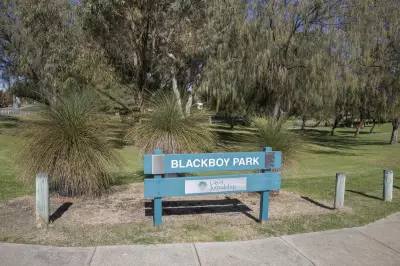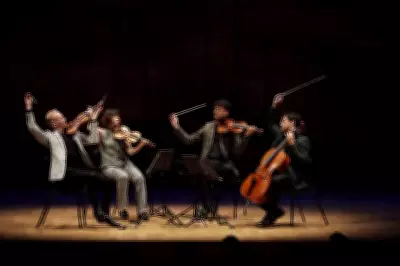
What does it truly mean to be West Australian? As we approach the WA Day Festival 2025, this question takes centre stage, revealing a complex tapestry of history, independence, and unique character that sets Western Australians apart.
The Historical Roots of WA Independence
Western Australia's journey to Federation was anything but straightforward. In the late 1890s, WA proved a reluctant participant in the push for Federation, with locals fearing competition from eastern states if customs barriers were removed.
The debate intensified when the 1900 referendum saw 44,652 votes in favour of Federation versus 19,636 against. However, as historian Thomas Musgrave noted in 2003, the Goldfields electorates contributed significantly to this outcome, with 26,330 of their 28,143 votes supporting union.
Without those votes, the result would have been dramatically different. This historical context helps explain why secessionist sentiment remained strong, culminating in the 1933 referendum where voters chose secession by a two-to-one majority.
Modern Manifestations of WA Spirit
Former Liberal premier Richard Court describes the West Australian character as "proudly independent". He emphasises that "one of our defining characteristics is that we can live happily without Canberra interference".
The vast Nullarbor Plain has historically protected and isolated WA, fostering this independent mindset. Court notes that "the Nullarbor protects us in so many ways. We have had to be more independent historically".
This go-it-alone mentality reached its peak during COVID-19 when then-premier Mark McGowan declared WA "an island within an island", implementing strict border controls and quarantine measures that kept the state largely virus-free while the resources sector continued generating economic prosperity.
Economic Power and Global Connections
Today, Western Australia stands as the main driver of the national economy, creating ongoing discussions about GST distribution and ensuring the state receives its fair share of revenue.
Richard Court contrasts WA's international competitiveness with what he describes as eastern states' "group think", particularly regarding energy policy. "Currently they are all busy jumping over the 'no energy' cliff, and wondering why industry is leaving", he observes.
WA's geographical advantages include proximity to Asia and compatibility with Asian time zones. "We entered the so-called Asian century decades before the east", Court highlights, noting the state's diverse landscapes from Mediterranean-style southern regions to the majestic Kimberley in the north.
Opposition Leader Basil Zempilas reinforces this perspective, suggesting most West Australians would identify as "West Aussie first" before Australian. "That speaks to an inherent pride in who we are, what we've faced and what we've achieved", he states.
Zempilas attributes this success to "bold, ambitious" leadership and a population willing to "get on and do things ourselves". He emphasises that West Australians combine toughness with sophistication, using innovation and technology to overcome challenges.
Evolving Identity and Future Directions
Curtin University Associate Professor Samantha Owen suggests WA is evolving beyond traditional isolationist narratives. Recent actions, including Governor Chris Dawson's apology for the historic Pinjarra massacre, indicate growing awareness of the complexities in the state's settlement history.
"Maybe what we are finding at the moment is that there is not one thing that defines a West Australian identity, that there are many elements that define it", Associate Professor Owen reflects.
Governor Dawson celebrates West Australians as "unique, proudly so", noting their independence and resourcefulness. "We are laid-back without being lazy. We are friendly without being too forward. And we are leaders without needing to be loud".
Premier Roger Cook admits his bias but declares that "most West Aussies know we live in the best State in Australia". He highlights the laidback lifestyle, friendly attitudes, and strong sense of community that distinguish WA.
"Through the hard work of every West Aussie, our economy is the engine room of the nation", Cook states, noting that thousands of people worldwide choose WA as their new home each year.
As Western Australia continues to shape its identity, the combination of historical independence, economic strength, and unique lifestyle creates a distinctive character that residents proudly celebrate, especially during WA Day festivities.





